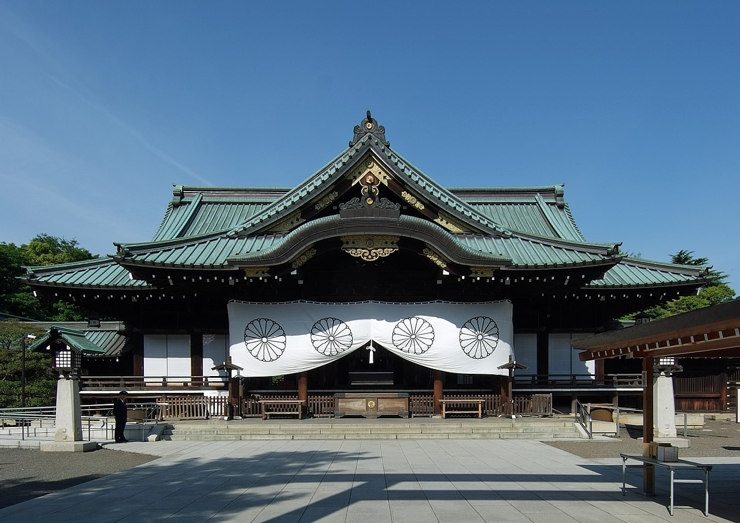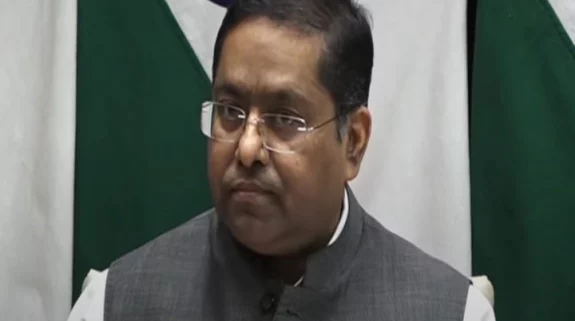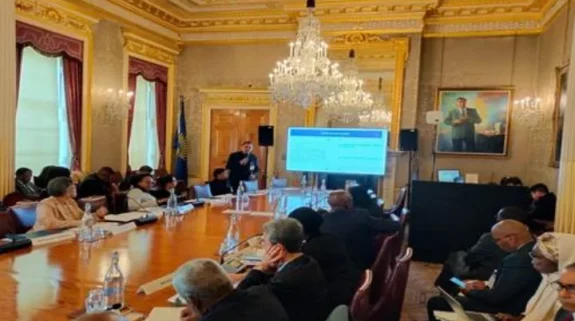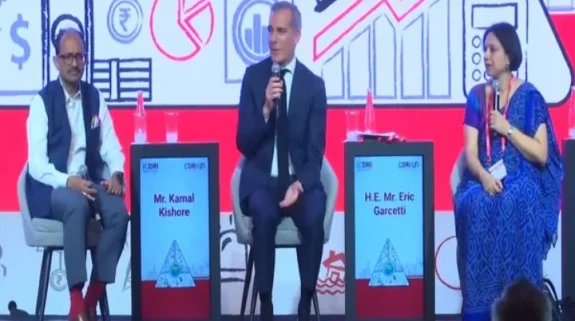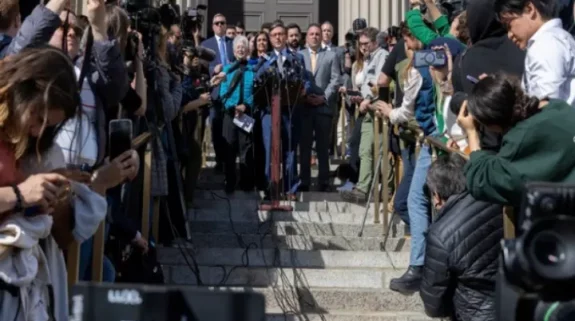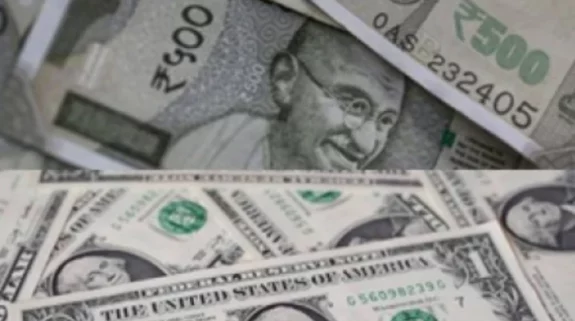In the past few days, a number of Japanese ministers are visiting the Yasukuni shrine in Tokyo that honours the country’s war dead. Any important visit to the shrine is marked by protests and unease in the neighbourhood–China and the two Koreas.
Kyodo News reports that three ministers of Prime Minister Yoshihide Suga's cabinet visited the controversial shrine in Tokyo on Sunday. Former Prime Minister Shinzo Abe too visited the shrine.
The ministerial visits on Sunday will not go unnoticed as the day falls on the 76th anniversary of Japan's surrender in WW-II.
Just a few days back, Defense Minister Nobuo Kishi and economic and fiscal policy minister Yasutoshi Nishimura had visited it. These visits had drawn a sharp response from both China and South Korea.
On Friday, Nishimura told reporters: “I prayed for those who passed away in the war to rest in peace. Japan’s prosperity was built on their sacrifice. I vowed to continue pushing Japan forward on its post-war path as a pacifist state, and to never allow the horrors of war to come upon us again”.
The numerous visits to the controversial shrine by senior members of the Japanese government will stir unease among Tokyo's neighbours. For the Japanese, the shrine is a commemoration to the Japanese who died in the wars, including World War-II.
But for its neighbours the shrine is a legacy of its wartime past, where some of Japan's convicted war criminals have been laid to rest.
In a separate news item, Singapore's The Straits Times reports that Chinese actor Zhang Zhehan, who had visited the shrine in 2018 has come under severe criticism from the Chinese media after his photographs surfaced on the social media. Companies have cancelled their partnership with him. The State-run People's Daily said: "As a public figure, he has been deficient in historical knowledge, and completely unaware of the nation's trauma, which is totally unreasonable".
The South Korean Foreign Ministry too had protested over the shrine visits of the ministers on Friday. It summoned a Japanese official to lodge its displeasure at the visits.
Within Japan also, the shrine evokes different reactions. Many Japanese frown upon the existence of the shrine as they say that it violates the separation of religion and the State as was declared by the post-war constitution.
The name of the shrine–Yasukuni, means peace and country.






